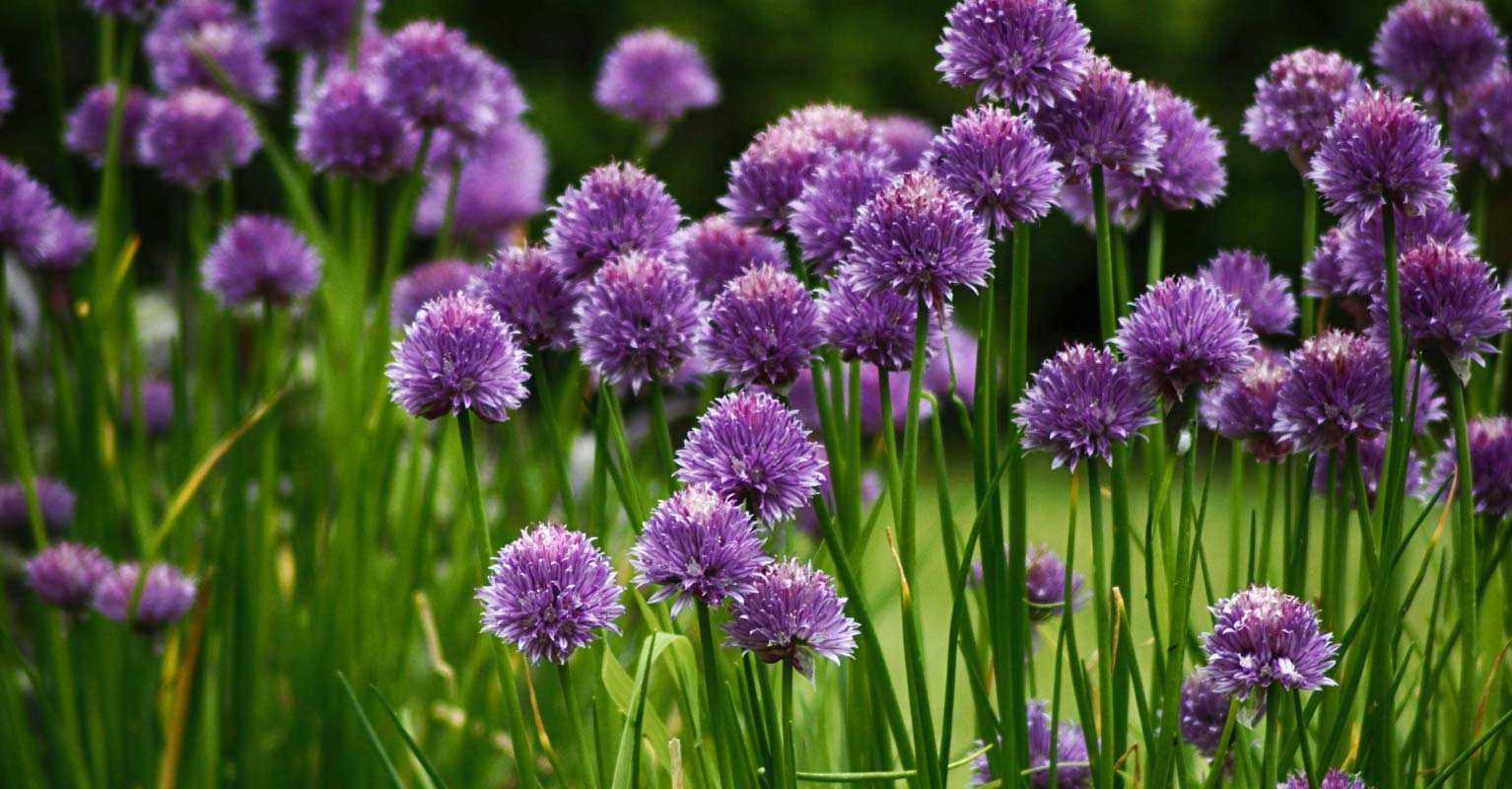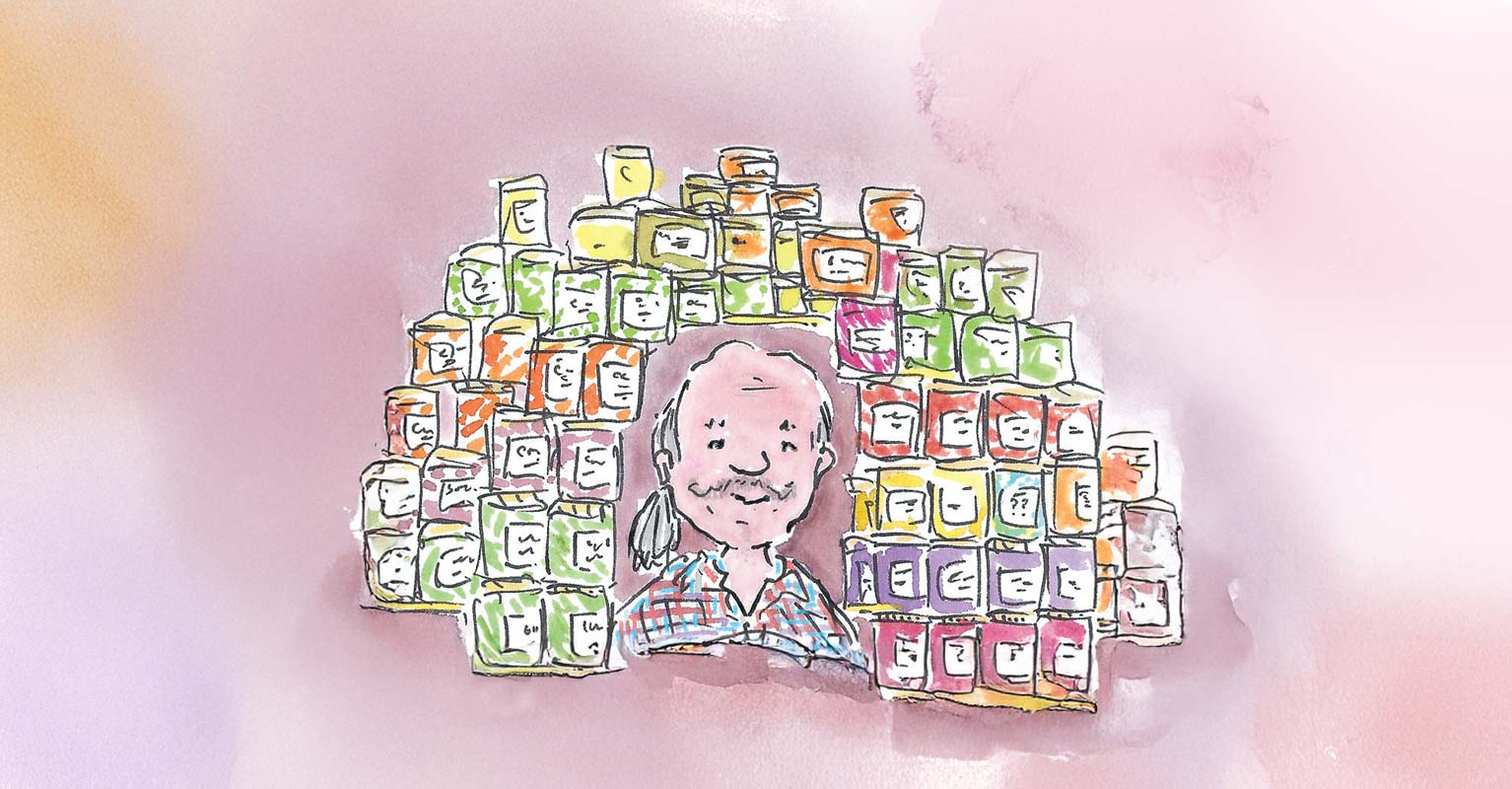Husband and wife Nick Shore and Anastasia Jermolaewa own Mischa’s, a natural wine store in Bozeman named for their trusty canine companion.
Mischa’s Offers a Portal to Natural Wine
In fractured post-storm light, wine glasses of varying shapes and sizes clinked together over plastic blue wicker baskets filled with chips and salsa. The glasses—ostensibly thrifted yet artfully curated—held blushing gradients of red, white, and pink Grenaches from La Ferme du Pasteur, a natural winery in southeastern France. One woman swished a sip of the red 2023 Font du Loup.
“Tart cherries, citrus, and apricot?” she mused, giggling. “Am I allowed to say that?”
Despite the half-earnest tasting notes, the scene was anything but a wine-tasting cliché. Co-hosted by Bozeman’s Mischa’s, a natural wine store in the art-forward and hip northeast neighborhood, and Roly-Poly, a nearby coffee shop with a distinctly indie brand, an intimate crowd had gathered at Roly-Poly for tacos and wine in the company of La Ferme du Pasteur’s winemakers. Wearing a buckskin vest, Anastasia Jermolaewa, co-owner of Mischa’s, weaved through the tables with a bottle of the Font du Loup in one hand and a halffull glass in the other, occasionally topping off the empties. Behind the wine-flushed diners, the evening’s last sun melted in the adjacent lumberyard and the nearby Bridger Mountains. The night tasted that delightfully puckery flavor of avant-garde without the tannins of pretension. This, for anyone unfamiliar, is the palate of natural wine.
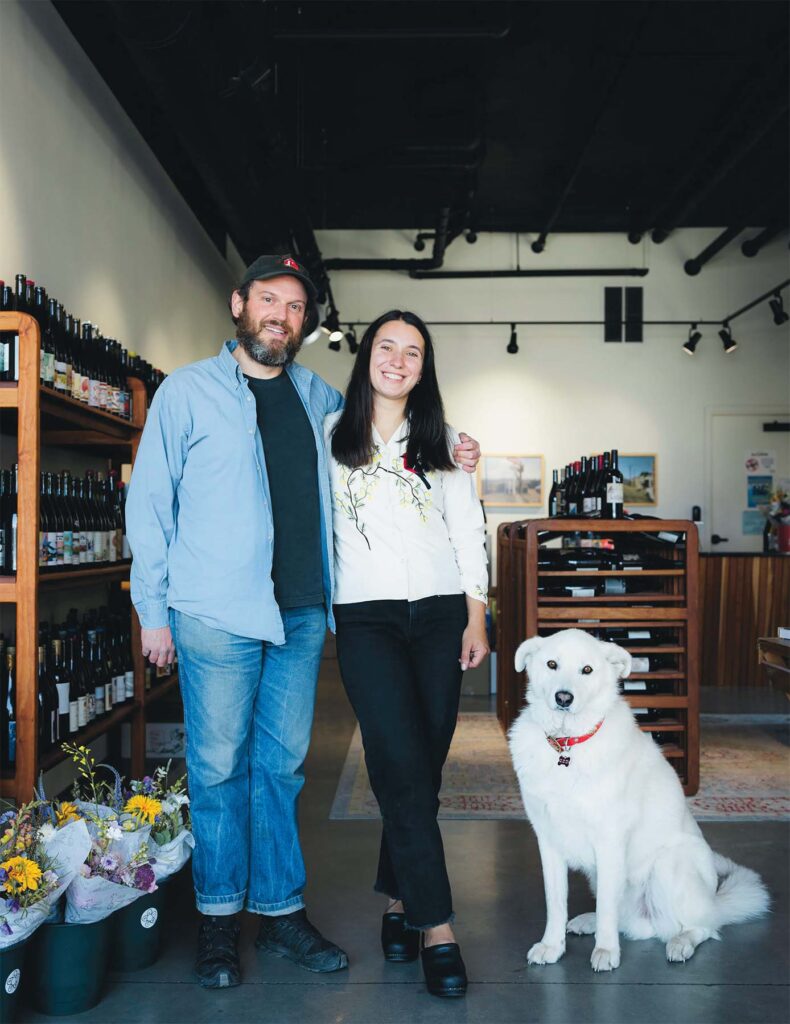
“I feel like wine shops can sometimes be like the bike shop or the record store, where if you don’t know everything, it feels so intimidating. And [I wanted] our shop to be the opposite of that and to be really welcoming and personal. And I want to have personal relationships with everyone.” —Nick Shore Co-owner of Mischa’s
Jermolaewa and her husband, Nick Shore, opened Mischa’s in the fall of 2022, naming the business for their charming dog, who to this day is their only employee: the loyal shop greeter. Shore said at the time that the opening was a gamble. “We’re super transparent about this, but we weren’t wine professionals before,” Shore says in retrospect. “We had no formal knowledge or education; we just really liked [natural wine] and appreciated it.” As one of Montana’s first stores exclusively selling natural wine, Jermolaewa says their intention was more than simply getting people to buy natural wine: It was to get them excited about it. Luckily for the young entrepreneurs, the soil was fertile for such a hope.
Unlike organic wine, natural wine doesn’t have a universal definition or parameters, but Mischa’s owners define it as wine made with grapes that were grown organically, biodynamically, or regeneratively that, once in the cellar, receives minimal intervention. It’s exclusively fermented with native yeast; is not enhanced by acidifiers, colors, sugars, or other additives; and is often unfiltered with little to no sulfites added. Natural wine has seen a surge in European and American markets in recent years, especially among Millennials and Gen Z— demographics that have been increasingly hard for traditional wine vendors to reach. For its devout imbibers, the appeal is in its sustainability, broader spectrum of flavor profiles, purported health advantages, and—indeed—in its rebellion. Many see natural wine as a less-rigid alternative to traditional wine that allows for more experimentation and a stretching of what wine culture—and the people who drink it—looks like. Shore describes it as “the punk rock” of winemaking while pointing to a label produced by an actual former punk rocker. In other words, as put by an article in The Economist, natural wine has a decidedly “anti-establishment mood.”
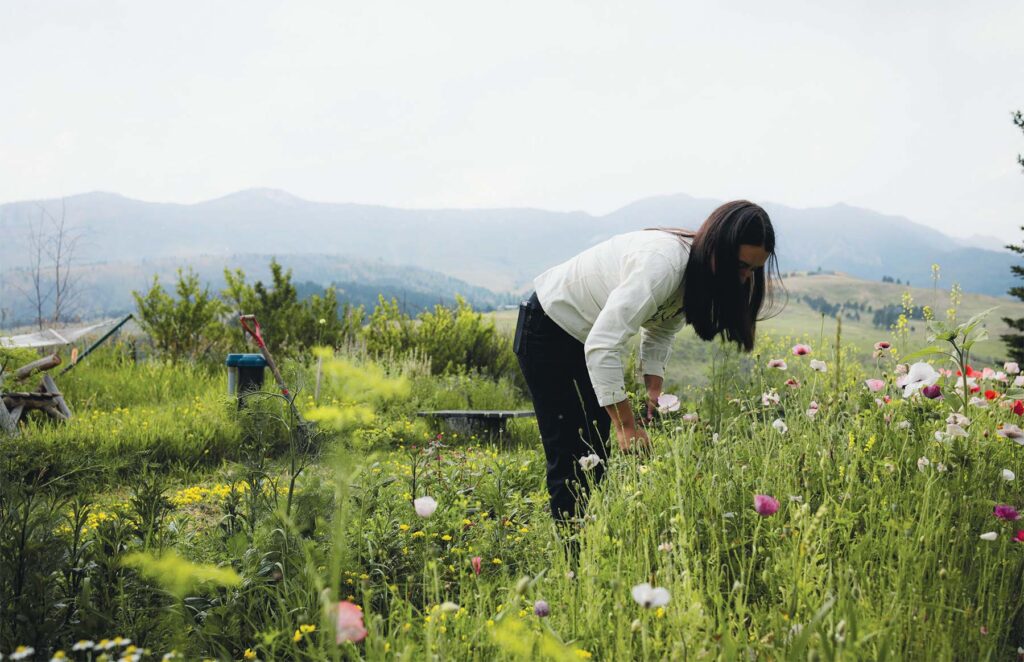
It is because of this, in part, that non-winos gravitate toward natural wine, as in the case of Mischa’s founding couple. A few years before moving to Bozeman in 2020, Shore lived in Los Angeles and was in a long-distance relationship with Jermolaewa, who lived part of the year in Austria, where she’s from. To make every night they shared special, they made a ritual out of meals. Their curation of these date nights led them through the doors of Domaine LA, one of the early influential natural wine stores in the U.S.
“[The people at Domaine] spoke really passionately, and the wines had cool stories, and they made it not intimidating,” Shore says.
“They helped us get really excited about it,” Jermolaewa adds. (Sound familiar?) The couple became regulars, attending the store’s tastings and events, learning and fostering their own passion along the way. When Shore, a former film producer, and Jermolaewa, a fine artist, moved to Bozeman, they missed natural wines and felt the only way to bring the products and culture they had fallen in love with to their new home was by opening their own place. And so they did.
Now three years in, Mischa’s is as much a portal into the expansive world of natural wine and all that attaches to it as it is a charming storefront. After being greeted at the door by Mischa himself, each customer is welcomed into the world of natural wine by Shore and Jermolaewa, who are all about meeting people wherever they’re at.
“I was really excited to be what those people in LA were for us,” Shore says. “I feel like wine shops can sometimes be like the bike shop or the record store, where if you don’t know everything, it feels so intimidating. And [I wanted] our shop to be the opposite of that and to be really welcoming and personal. And I want to have personal relationships with everyone.”
In the middle of their interview, a man walked into the store and began sheepishly browsing the shelves. He didn’t know what Mischa’s was and wasn’t familiar with natural wine but thought it was cute and decided to check it out. He was making steak for dinner and thought he might buy a bottle of wine. Shore greeted him, and the two conversed and browsed together. The man started to smile. His shoulders pulled back. He left with a bottle of wine made in an undistinguished part of LA, where the man was from; a bouquet of flowers grown in Jermolaewa’s biodynamic flower farm; and, presumably, a new friend in Shore.
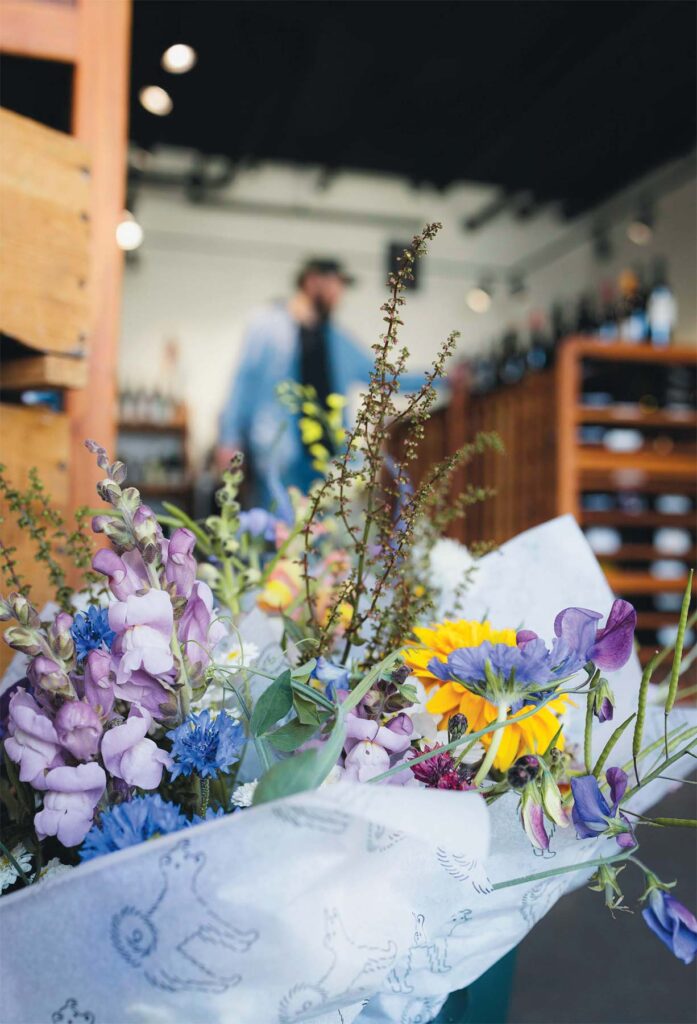
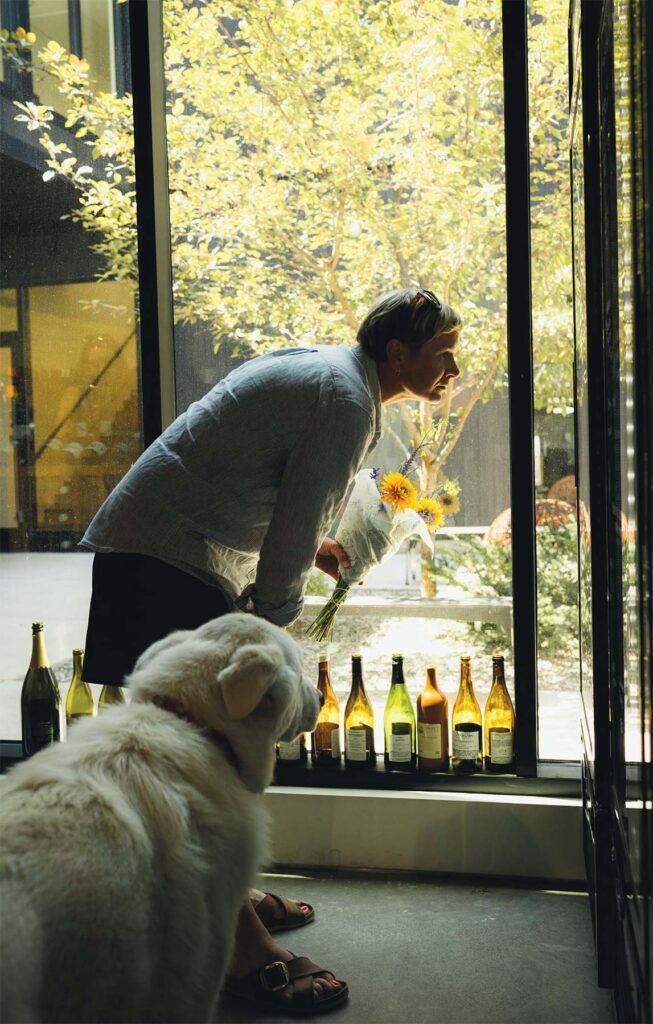
The portal extends beyond the northeast neighborhood location. Like the taco and wine night at Roly Poly, Mischa’s has co-hosted several similar events, often including some of the producers whose products they sell. They’ve made it a mission to introduce natural wines throughout Bozeman and get them on more restaurant menus. And they host a wine club (which has an eager waitlist) in which members are treated to two exciting bottles a month and an eloquently written notecard that shares the stories and practices of the producers.
Of course, the store itself is an enchanting experience, with its hundreds of labels, each handpicked (and tasted) by Shore and Jermolaewa for their stories and their quality. True to their rebellious reputation, natural wine bottles are works of art themselves, luring in keen eyes with surrealist scenes, watercolor paintings, colorful sketches, and other eclectic imagery. “It’s like a gallery,” says Jermolaewa, looking around at the shelves.
Mischa’s also carries specialty grocery items and locally raised meats and is a pickup location for three farms, including Gallatin Valley Botanical, where Jermolaewa used to work. Needless to say, each visit to Mischa’s is an activity more than an errand—plan accordingly.
Without giving details, Shore and Jermolaewa hinted at exciting new developments in the Mischa’s world—more opportunities to build community and to invite Bozeman into the joy and freedom of natural wine. As Shore puts it: “Wine is about sharing with people.” And so, too, is Mischa’s.



